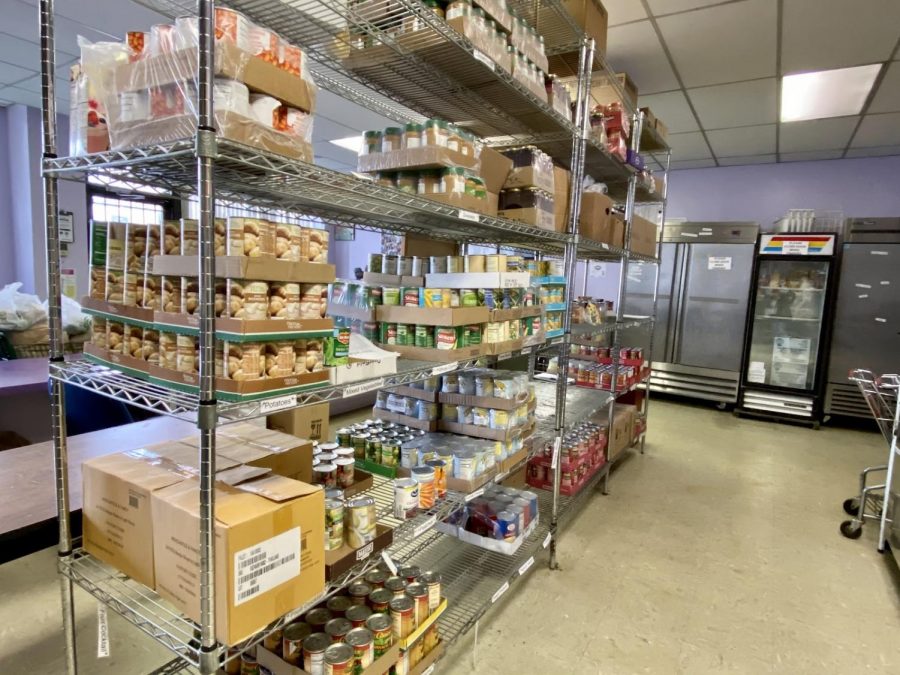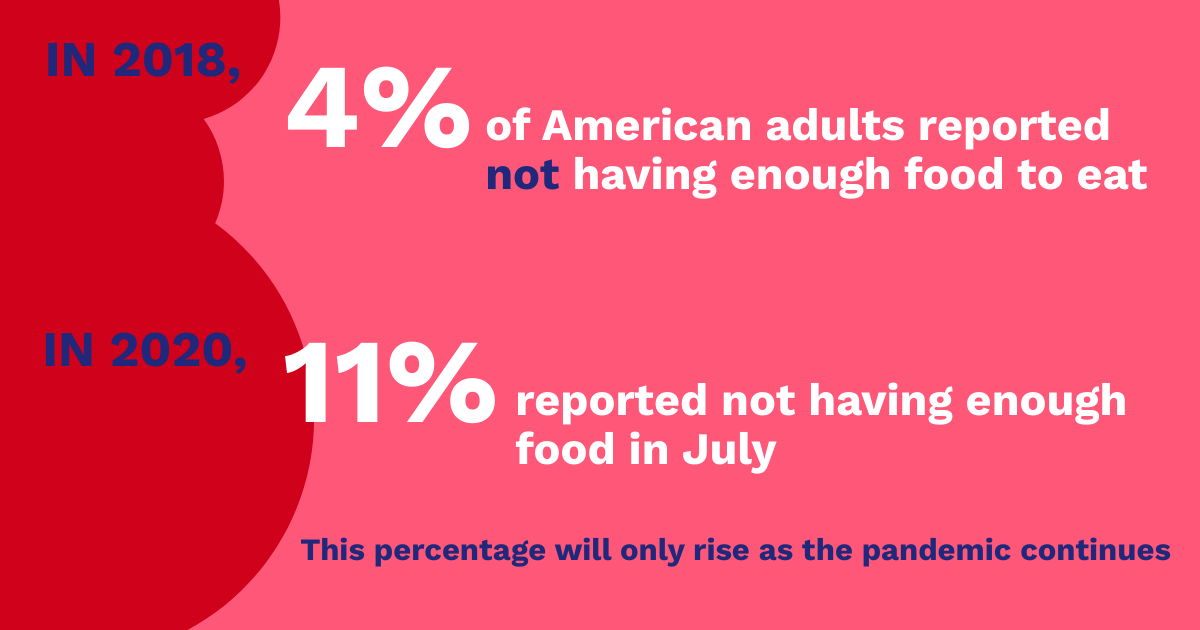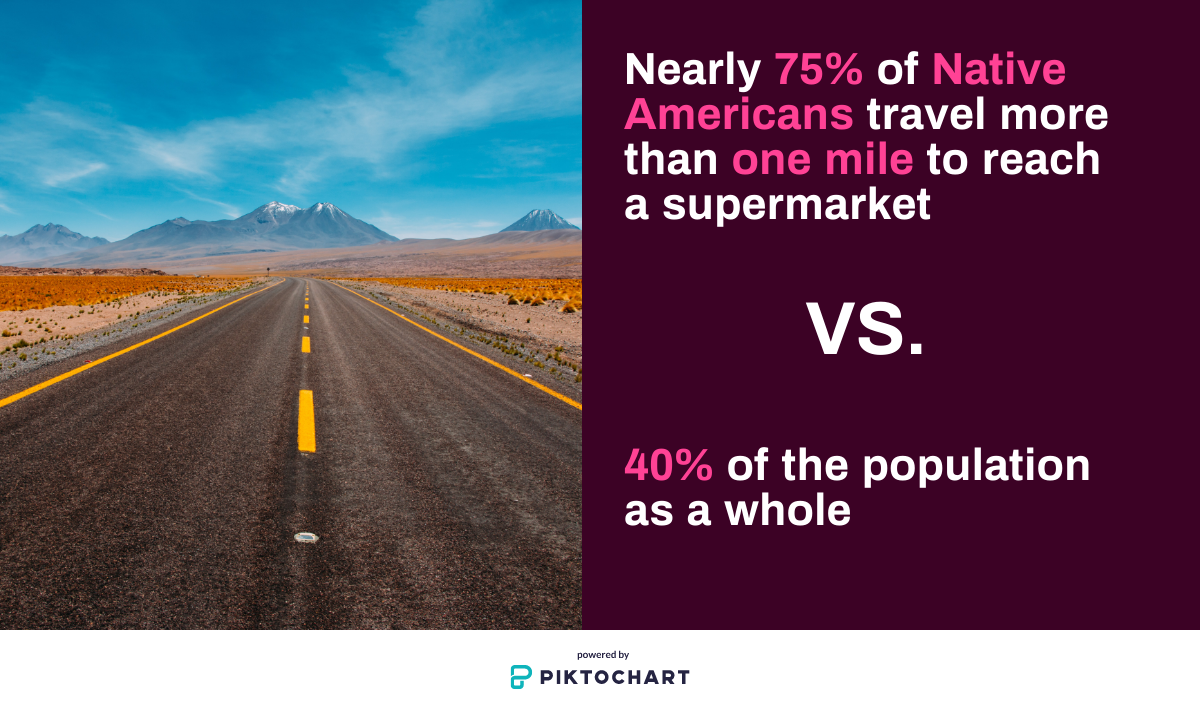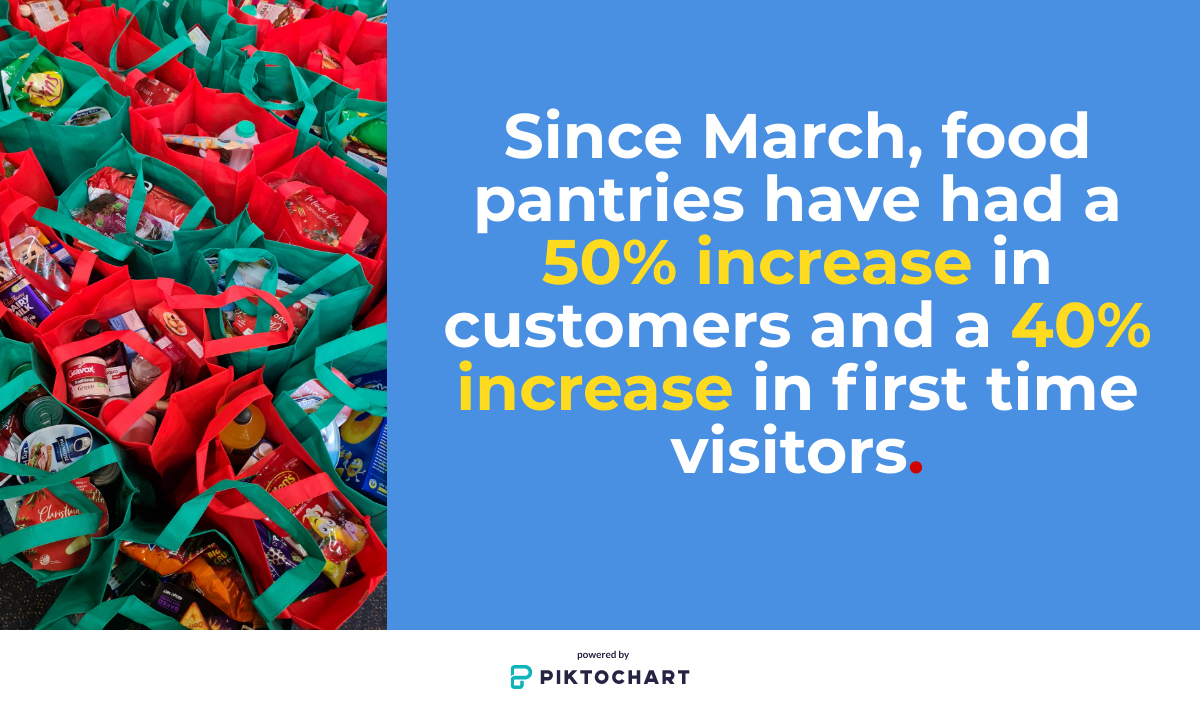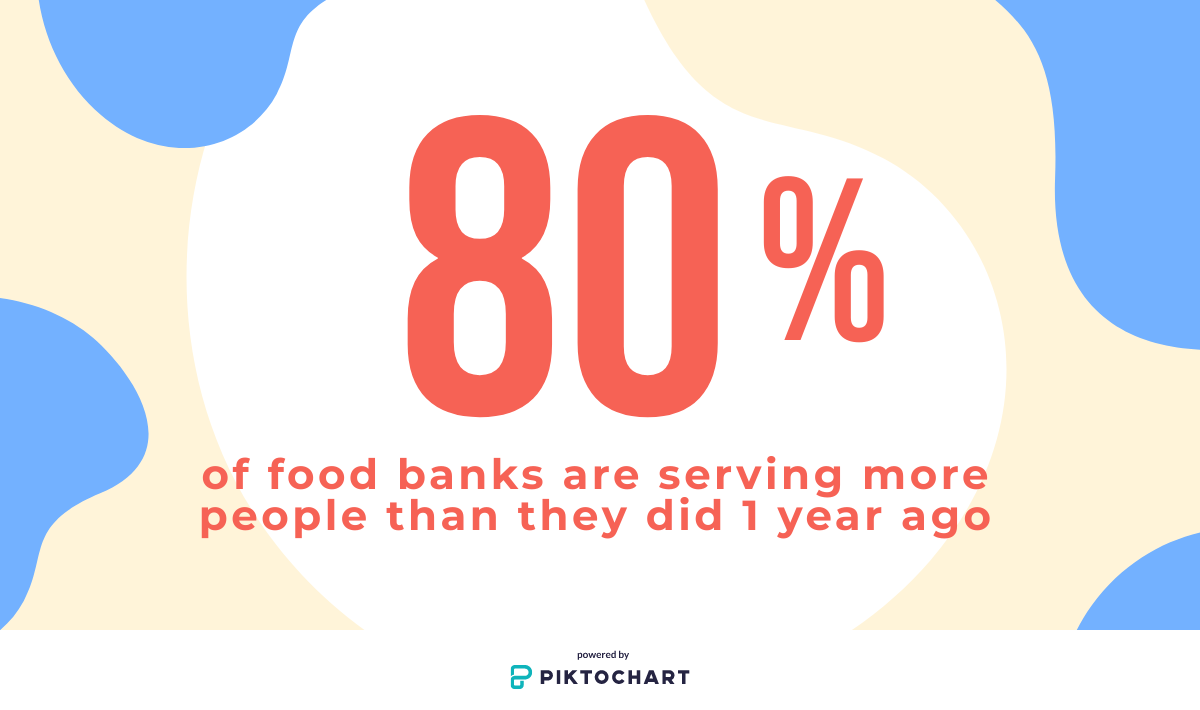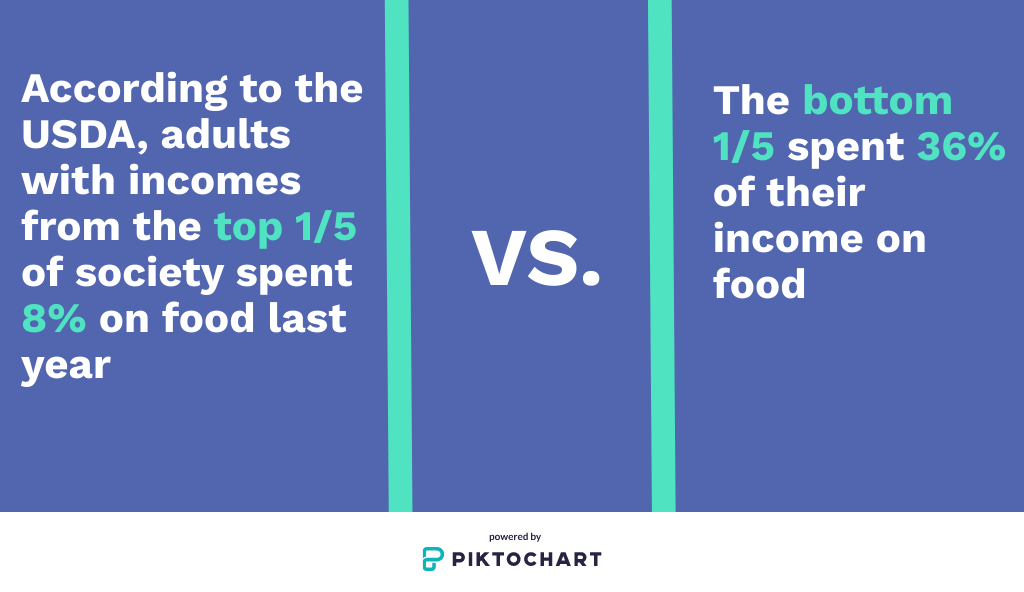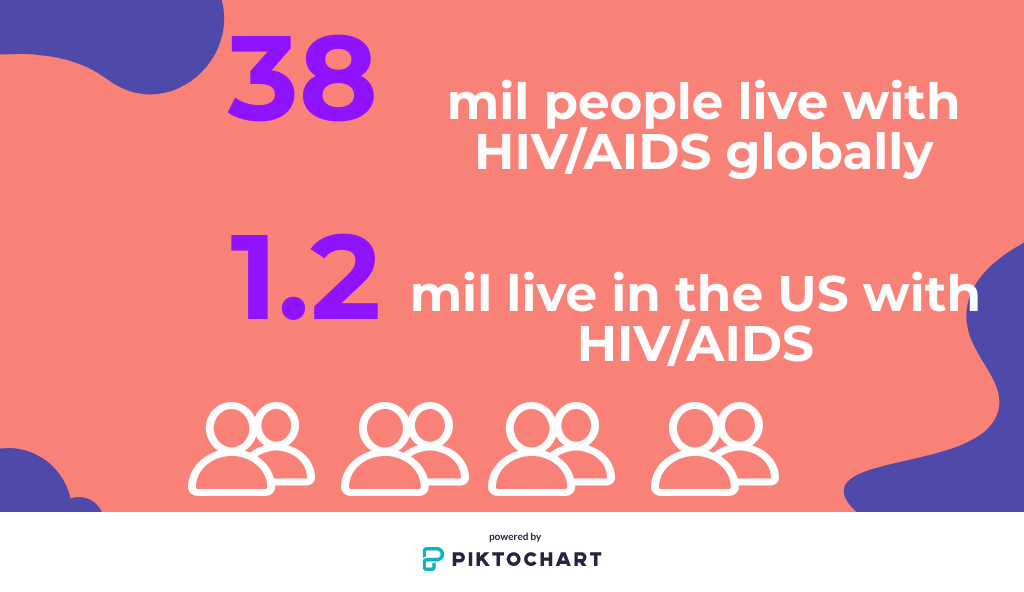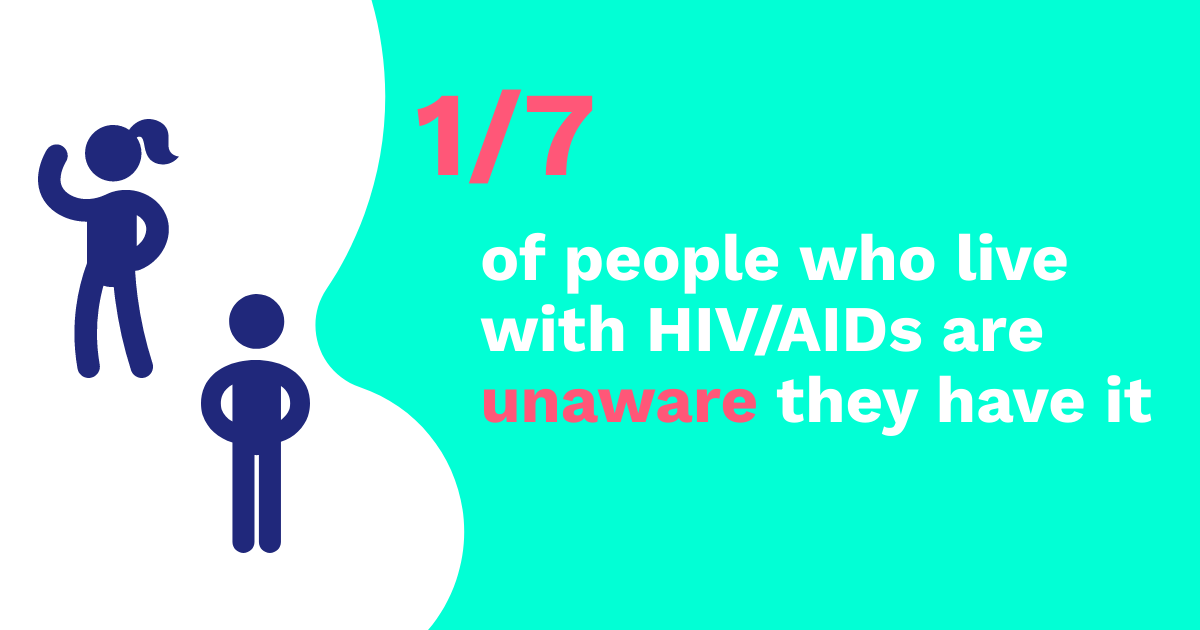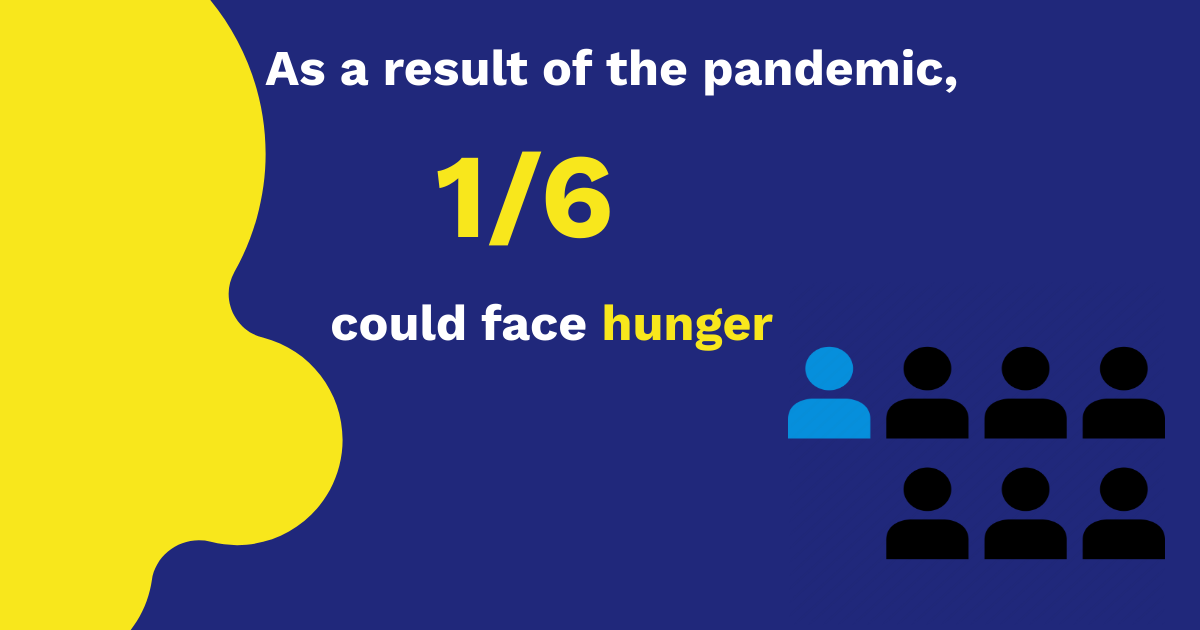Vital Bridges food pantry continues service despite initial decrease in customers
Grace Holleb
Stacks of food line the shelves of Vital Bridges food pantry located in the Englewood neighborhood.
January 29, 2021
Pre-pandemic, Saturday mornings at Vital Bridges, the Englewood food pantry for people affected by HIV/AIDS, would feel like a family reunion. Friends would greet each other with bear hugs, and the characteristic smile of James Hoskins, food program coordinator, could light up the face of any customer.
Post-pandemic, few volunteers roam the building, packing food for contactless pickup. Some regular clients aren’t even aware that Vital Bridges has survived since March.
While food pantries throughout the United States have had a considerable uptick in number of customers, Vital Bridges is seeing a half as many use their services — around 250 down from 500, according to Mr. Hoskins. The decrease in customers has led to new measures being taken to keep the community afloat.
Beyond the problems that many small businesses experienced through the pandemic, Vital Bridges has been dealing with unique issues. Many Vital Bridges clients do not have a safe way to get their food and fear the effects of contracting COVID-19 while already immunocompromised. To combat these obstacles, employees and volunteers have switched their tactics to communicate more directly with customers and started delivering food to homes in order to continue their mission of helping customers live healthy, independent lives with the disease they have.
“I hope with this vaccine now that things will open up a little bit and we will be able to reopen the pantry on Saturdays,” Mr. Hoskins said.
Now, clients can pick up their food from 10:30 a.m. to 2:30 p.m on Thursdays and Fridays, compared to before when they would also be able to pick up on Saturdays. Customers are not allowed inside the pantry, and contactless pick up is required. For clients unable to pick up food on the weekdays yet desperately need it, Vital Bridges staff or volunteers work to deliver the food.
One volunteer helping Vital Bridges continue to serve customers throughout the pandemic is Dawn Stanislaw, who began volunteering in 2008. Through her time, she has shopped, helped Mr. Hoskins with organizing, entered all the menus into the computer and now does almost all of Vital Bridges’ paperwork and extra tasks each week.
“It’s changed a lot now that the pantry is closed to clients coming into the building,” Ms. Stanislaw said. “All I do is check the paperwork before clients are able to pick up their food. All the interaction and helping clients select food, all of that has gone away for right now, which is terrible.”
When the pandemic hit, many clients just assumed the pantry was closed. Many don’t have their own cars and have to use public transportation, so it was difficult to travel and get food safely, according to Ms. Stanislaw.
To get the word out that Vital Bridges is still serving customers in all areas of need, volunteers have been calling each client on their list every week. Vital Bridges used to call clients, but stopped for confidentiality reasons. Only since the pandemic have they continued this procedure.
“I was so glad to hear that that came back into play,” Mr. Hoskins said. “It made a tremendous difference.”
Ms. Stanislaw agrees that regular contact with customers is making the biggest difference in getting clients to return to the pantry.
For now, Vital Bridges is doing the best they can with the resources allotted to them and are continuing efforts to contact customers.
“It’s amazing how word of mouth really spreads among the clients,” Ms. Stanislaw said. “Once you can get in and pick your food I think we’re going to have an uptick of clients again. I’m hoping.”
While there isn’t the jovial atmosphere that Vital Bridges was known for pre-pandemic, the work of volunteers and staff members continue nonetheless to preserve their mission of helping all customers. And soon enough, Mr. Hoskins will greet old clients and newcomers with his characteristic smile and the same three words: “Get over here!” followed by a big hug.























































